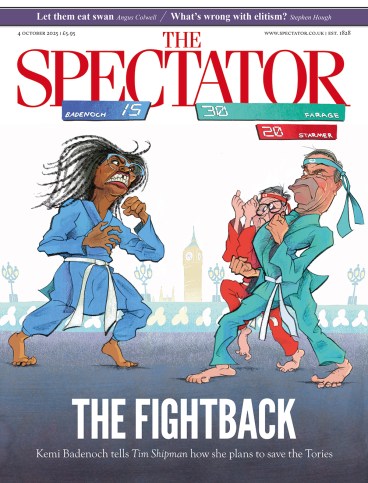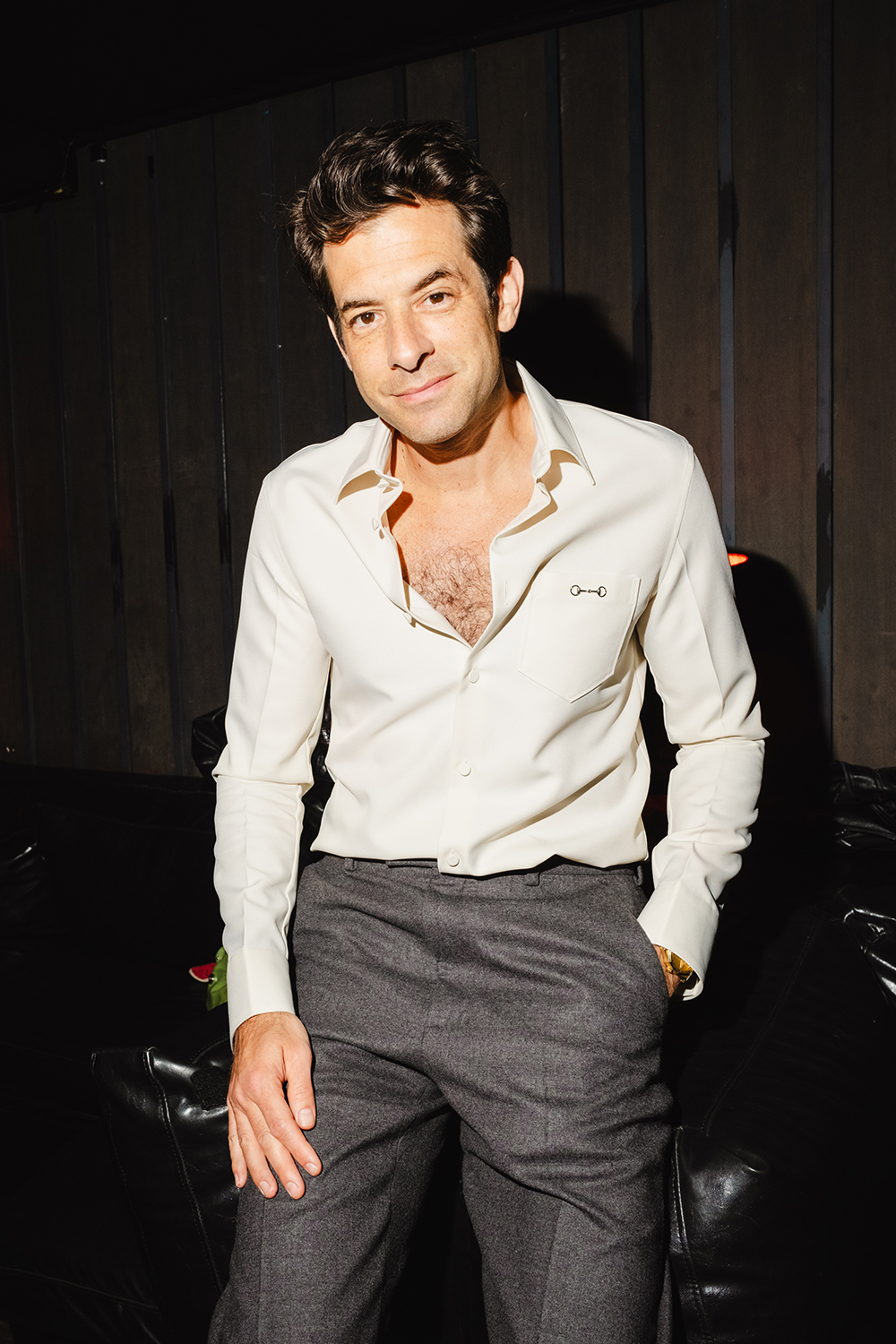
Mark Ronson has one of the finest heads of hair in all showbusiness. The music producer’s coiffure is a dark, whipped and quiffed thing that makes it look as though he naturally belongs on a Vespa in Capri, being ogled by the belle ragazze as he scoots on by. As a cultural object, it certainly surpasses the Oscar he won for the songs in that Lady Gaga remake of A Star is Born; it probably equals his Barbie soundtrack; and maybe even approaches the hits he made with and for Amy Winehouse.
But it wasn’t always like that. Back in the 1990s, Ronson’s hair was a standard-issue crop, while he was a gawky young club DJ looking to make it in New York. It’s this scene that he writes about in his memoir Night People, not the fame and accolades that would follow. He calls it ‘the Mark Ronson book nobody asked for’ in the acknowledgements at the back, adding: ‘What, no Amy?!’
Honestly, I turned to those acknowledgements after just a few sentences. My suspicions had been aroused, you see. The book’s first paragraph was an evocative description of a house party at 2 a.m., where ‘the diehards are smoking cigarettes like it’s still 1999, ashing into a cereal bowl that’s been sacrificed for the occasion’ – and I wanted to check whether Ronson had used a ghostwriter, as celebrities so often do. Sometimes you can divine the truth from the nods and thanks in the back matter.
But, no, I don’t think he did; at least not beyond a bit of polishing, perhaps. Night People appears to be Ronson’s text – and it’s really good. Nobody asked for it, but plenty of people should buy it, whether they’re interested in DJing or not.
If that sounds patronising, it’s not meant to – it’s actually just raw envy on my part. Judging from this book, Ronson had a blast in the 1990s. From hanging out with his childhood friend Sean, John Lennon’s son, to rooting around record shops for obscure hip-hop, disco and funk releases. From hustling as a ‘gigging bar DJ’ to presiding over dancefloors occupied by ‘Mike Tyson, Wesley Snipes and Leonardo DiCaprio, a young rap fanatic’. Booze. Coke. Models. Parties. Night People is no cautionary tale; it’s a celebration. It reads like a Bret Easton Ellis book in which almost everyone is nice and balanced.
Not that Ronson is blind to the preposterousness of much of his old life, nor to its rougher edges. He just doesn’t make a big deal of it. Potentially tricky subjects such as class and race are dealt with – ‘Jewish DJs played for black promoters, DJs played for Jewish promoters, and we all hung tough’ – and then moved on from; not, you feel, out of evasiveness, but because Ronson and his book are more interested in the cultural scene than in causing a scene. It’s the music that motivates him.
There are times, however, when this approach does leave you wanting more. After all, Ronson wasn’t the only person chrysalising in New York at the time. Night People contains a couple of tantalising references to Donald Trump and, separately, his daughter Ivanka (‘an underage blonde with exceptionally well-ironed hair’) showing up at parties – but neglects to go into details.
Elsewhere, Ronson recalls performing at events hosted by the since-disgraced Puff Daddy where he’d see ‘people like Muhammad Ali, Martha Stewart, Denzel and the Duchess of York all mingling’. He adds nothing else about Her Royal Ferginess, but perhaps this reflects the DJ’s lot: always overlooking the crowd, never actually joining it.
Otherwise, the only problem with Night People is that you may end up believing – tragically – that its swagger and cool has somehow rubbed off on you. I realised too late, while nerdily constructing an online playlist of every song mentioned in the book, that I was only proving the point of its final chapter. That whole scene no longer exists.
It used to take years of accumulated expertise and hours of crate-digging to discover tracks such as Weldon Irvine’s ‘We Gettin’ Down’ or Tom Scott’s ‘The Honeysuckle Breeze’, whereas now any old tourist can dial them up within seconds on their phone. Even in the best cases – and the nightlife in 1990s New York really does sound like one of the best cases – subcultures can only ever hope to explode into the wider culture before burning out.
Which is why it’s astounding that Ronson himself shows no signs of burnout, despite what he put his brain and body through all those years ago. Amy Winehouse’s best songs, the Barbie soundtrack, an Oscar, Grammies, a great wardrobe, exquisite hair… and now, we discover, he’s a fine writer and cultural tour guide too? As some kid once said of Charlie Brown, how I hate him.









Comments